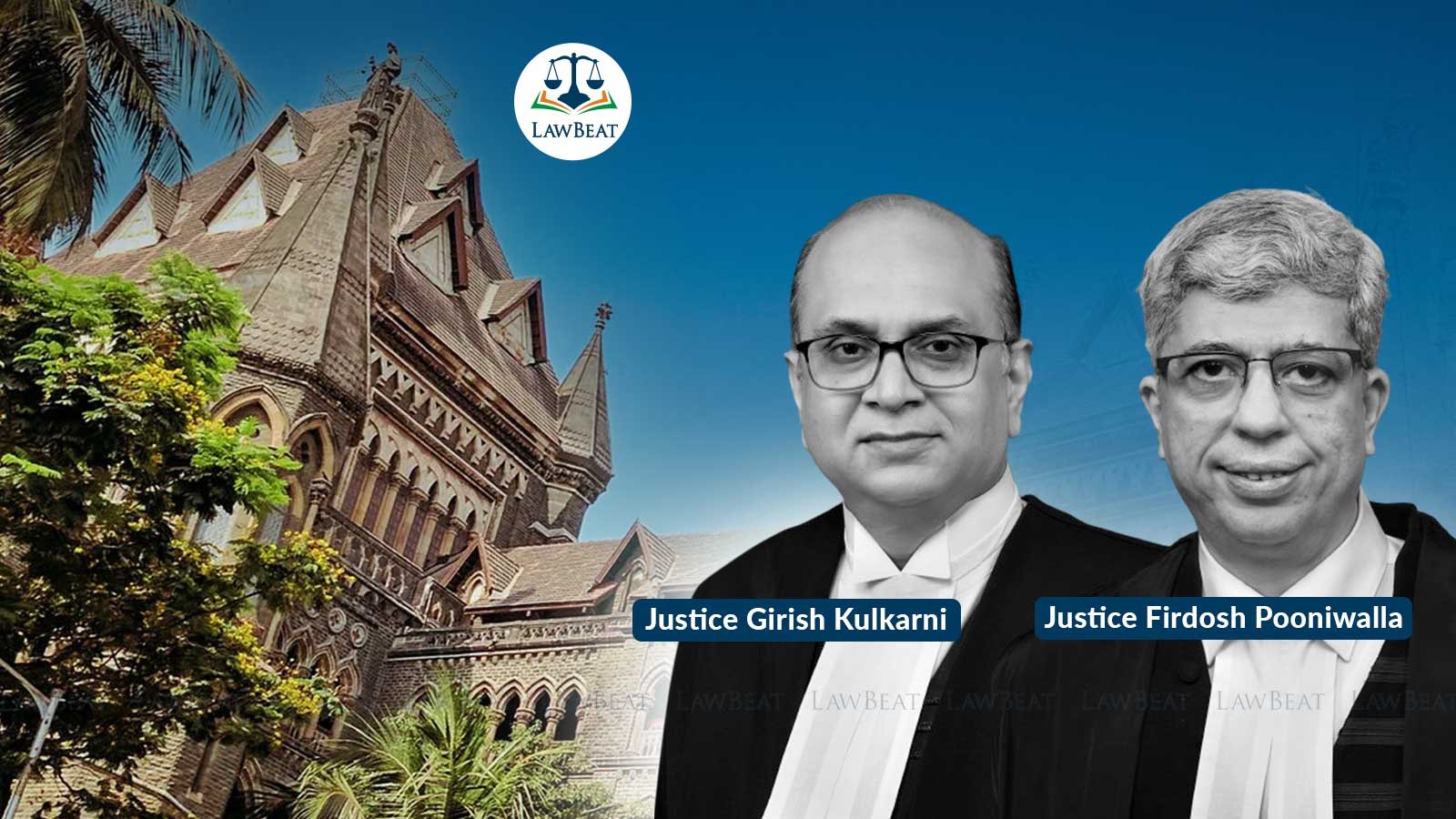Transport Commissioner Can't Super Impose Conditions over Central Govt Vehicle Registration Rules: Bombay HC

The petition was filed by a civil judge of senior division, in his personal capacity, challenging the order of the transport commissioner denying registration of his recently purchased car under the ‘BH Series’
The Bombay High Court, in its recent ruling, held that the transport commissioner, in the absence of any power conferred, cannot super-impose conditions upon any individual seeking registration of a vehicle.
The court opined that once the statutory rules are in effect and applicable, there exists a constitutional obligation under Article 254, in conjunction with Article 256, to enforce the Central Law. Therefore, ‘any contrary decision of the nature as taken by the Commissioner in the impugned circular would be rendered bad and illegal’, court held.
The bench of Justice G. S. Kulkarni and Justice Firdosh P. Pooniwalla said, “In the absence of any power conferred on the Commissioner to super impose conditions on any applicant seeking registration of the vehicles, which are not conditions under Central Rules (Supra), the Commissioner could not have issued such circular”.
Represented by Advocate Tejesh Dande, the civil judge argued that he had fulfilled all the prerequisites laid out in the Central Motor Vehicles (Twentieth Amendment) Rules, 2021 (Rules), which included presenting his Official Identity Card, as mandated for government employees seeking BH-series registration. He underscored that he had duly submitted his Official Identity Card as required. The judge contended that the BH-Series registration was established by the Government of India to streamline vehicle transfers across states and union territories.
The judge emphasized that the Circular was arbitrary, unlawful, and in conflict with the statutory Rules. He asserted that the Commissioner should have adhered to the Central Rules and processed individuals' applications accordingly.
However, the Additional Government Pleader Shruti D. Vyas, representing the Union, cited a Circular dated 21st February 2024, which imposed additional criteria beyond those specified in the statutory Rules. The AGP justified the refusal of registration under the BH Series, citing the potential loss of revenue and the potential misuse of provisions.
The court emphasized that the Central Government had established rules regarding vehicle registration under the BH Series. These rules were formulated under the authority granted by specific sections of the Central Motor Vehicles Act, 1988. “We have noted the relevant rule being Rule 2(cb) of the said Rules, which would apply to the petitioner’s case, which provides that the applicant seeking registration of his/her vehicles would be required to inter alia furnish an Official Identity Card, that he is in the service of the State Government”, the court added.
The court noted that the said judge had provided the Official Identity Card as required. However, despite this compliance, the registration of judge's vehicle under the BH Series was refused. Upon reviewing a circular, the bench observed “The Commissioner of Transport has foisted requirements in clause 4.1 which in fact are not the requirements under the 2021 Central Rules”.
The court pointed out that the Commissioner lacked the authority to impose conditions through such a circular that contradicted the Central Rules. “Once the statutory rules are in vogue, and they are applicable, there is a constitutional mandate under Article 254, read with Article 256, to implement the Central Law. Any contrary decision of the nature as taken by the Commissioner in the impugned circular would be rendered bad and illegal”, the court held.
The court opined that if the Motor Vehicles Act allowed States to enact rules independently, such rules could only be enforced after receiving presidential assent if they conflicted with those framed by the Central Government. Failure to obtain such assent would lead to a direct conflict in the statutory framework, which is not legally recognized, court said.
“Thus, it was not permissible to the Commissioner, to impose conditions by such circular to regulate registration of BH Vehicles, which would nullify the Central Rules or create a regime which is contrary to the Central Rules or defeat the provisions of the Central Rules”, the bench added.
The court reiterated that the validity of an impugned order has to be tested based on the reasoning provided in the order itself and cannot establish its validity based on ‘extraneous material or affidavit’. The court, thus, noted that the impugned order was ‘clearly in excess of the jurisdiction and without any authority in law’.
Consequently, the court held that the petitioner’s right to have a registration under the ‘BH Series’ was completely negated by the impugned order of the transport commissioner. Therefore, it set aside the impugned order and directed the commissioner to grant registration.
Advocates for the Petitioner: Advocates Tejesh Dande, Bharat Gadhavi, Mansi Dande, Vishal Navale and Trushar Shah
Advocates for the Respondents: Additional Government Pleaders Shruti D. Vyas and PN Diwan with Advocate Ashutosh Misra
Case Title: Shri Mahendra Bansilal Patil v The Commissioner of Transport & Ors. (2024:BHC-AS:17951-DB)
